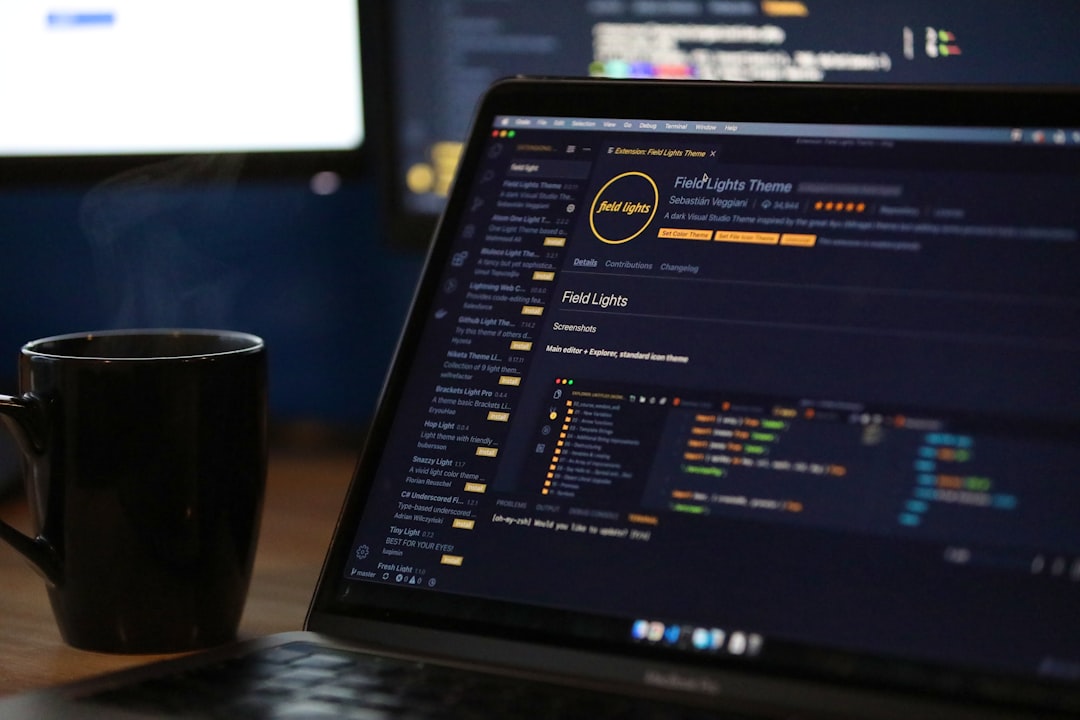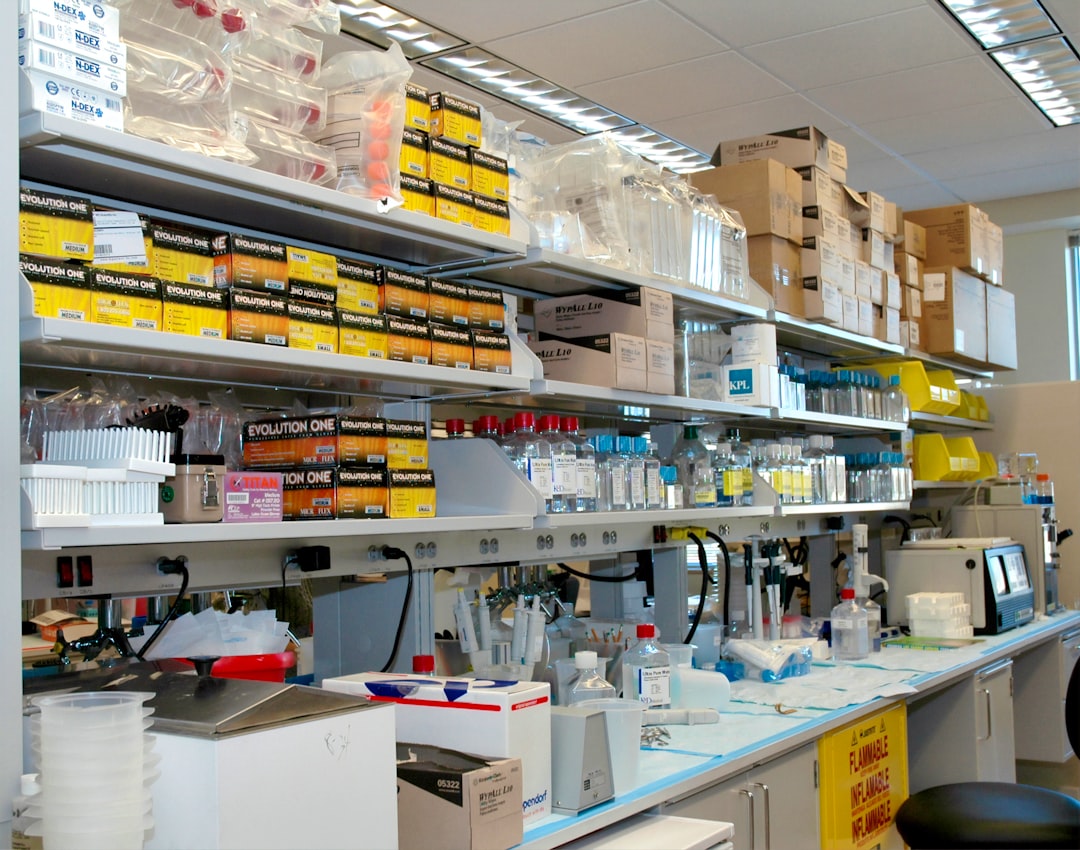
The consumption of alcoholic beverages in Indonesia is relatively low at 0.8 litres per capita a year, including both recorded and unrecorded alcohol. This is merely one-sixth of the average consumption in Southeast Asia.
Despite low levels of alcohol consumption, the direct sale of alcoholic beverages in Indonesia is highly regulated, creating a lack of accessibility and affordability of recorded alcohol. This must be considered a reason for the consumption of cheaper and widely available unrecorded alcohol. Hundreds of mostly poor Indonesians have died of methanol poisoning consuming unrecorded alcohol in recent years. Moreover, in 2018 alone, the Indonesian government lost IDR 1,037.5 billion (USD 71.5 million) in revenues due to untaxed black market sales.
At the national level, the legal trade of alcohol is governed by Presidential Regulation No.74/2013 and the Ministry of Trade (MOT) Regulation No.20/2014. However, these regulations do not have provisions for e-commerce, which has been expanding fast in Indonesia, especially during the Covid-19 pandemic. In April 2020, the National Agency of Drug and Food Control (NA-DFC) issued Regulation No.8/2020. Article 29 generally banned the sale of alcoholic beverages on the internet. Three months later, an NA-DFC Circular Letter withdrew it but did not revoke that article.
This created confusion about the legality of online alcohol sales. Specific procedures for online sales of alcoholic beverages are needed mostly for two reasons. Consumers that choose products from a website find it particularly difficult to verify the origin of the drink and to avoid the consumption of unrecorded alcohol. Online sales of alcoholic beverages also increase the risk of underage drinking, if age verification processes during the purchase and delivery are not properly applied.
Instead of banning online sales of alcoholic beverages, a specific regulatory framework should consider the recommendations below:
1. NA-DFC should revoke Article 29 of Regulation No. 8/2020 to end confusion about the legality of online sales. Coordination with the Ministry of Trade remains crucial in the amendment process to harmonize regulations.
2. Technical systems to verify the age and identity of customers need to be put in place, following international best practices, in order to prevent purchases by, advertisement or delivery of alcohol to people below the legal drinking age.
3. Verification measures need to ensure that the digital distribution system excludes any form of unrecorded alcohol. MOT should seek the cooperation of the private sector to develop and enforce a strict code-of-conduct.
4. MOCI should consider revoking online alcohol sales restrictions in its Circular Letter No. 5/2016 and cooperate with MOT and NA-DFC when drafting regulations that address liability issues for merchants and e-commerce providers. The liability should be with the merchants, who must remain fully responsible for their products.



